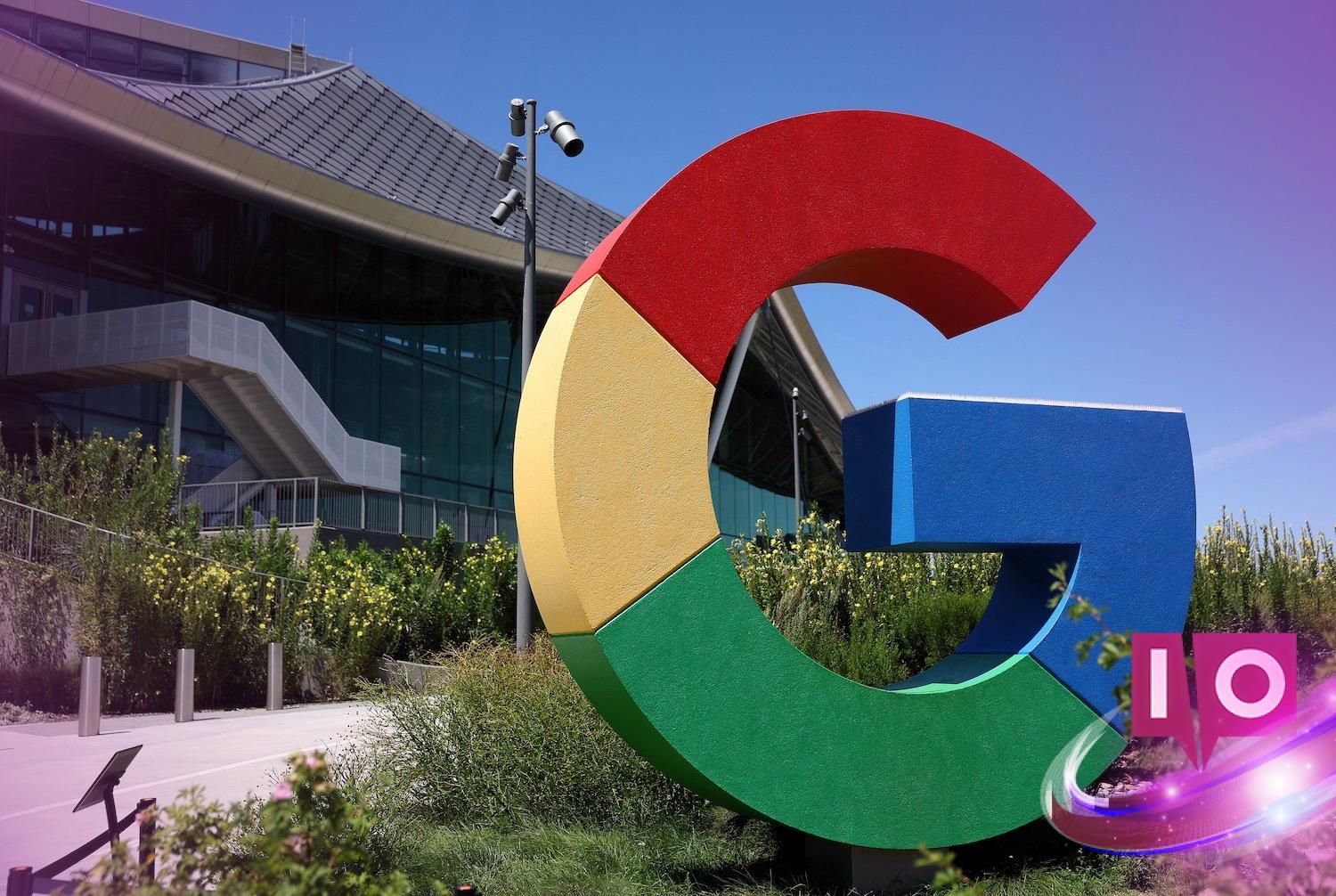The European Union has decided to postpone its plans to impose fines on Google, citing concerns over potential backlash from U.S. President Donald Trump. The Commission responsible for handling digital infractions is hesitant to act against the tech giant, which stands accused of abusing its market dominance in the online advertising sector.
Reports from Bloomberg and Reuters suggest that EU officials had anticipated announcing the antitrust penalties on Monday. However, that deadline arrived without any formal announcement.
Since 2021, the Commission has been scrutinizing Google’s advertising technology businesses, focusing on how the company benefits from its dual role in the digital ad marketplace. Regulators initially planned to levy fines against Google and potentially compel the company to divest portions of its advertising operations.
MLex first reported the unexpected delay, revealing that the Commission had informed Google last Friday that their investigation was complete. However, at the last moment, concerns were raised by senior officials outside the antitrust team that an announcement could provoke Trump, disrupt ongoing trade negotiations, and lead to new tariffs.
This caution isn’t entirely without basis. Donald Trump has frequently wielded tariffs as a tool to advance his policies and support American businesses. Just last week, he threatened to impose tariffs and additional restrictions on countries with digital services taxes, declaring on Truth Social that such taxes are “designed to harm, or discriminate against, American Technology” while offering “a complete pass to China’s largest Tech Companies.” He criticized these taxes, which many European nations have proposed or implemented, indicating a strong stance against perceived inequities faced by U.S. tech firms.
The EU’s choice to defer sanctions comes just weeks after a joint statement by the EU and the U.S. outlining a commitment to a balanced trade agreement. However, while the negotiations continue, the EU explicitly stated that alterations to its digital regulations were not open for discussion.
The news of the sanctions’ delay has alarmed some stakeholders in Europe. Germany’s Monopolies Commission described the decision as an unsettling precedent for the autonomy of EU antitrust regulation. “Competition protection must not become a bargaining chip for the Trump administration,” asserted Chairman Tomaso Duso in a statement reported by Reuters.
Adding to this, Stéphanie Yon-Courtin, a French MEP, expressed concern through a post on X, stating that “if this is true, it sends a very bad signal. The digital rules are not negotiable!” She emphasized the importance of the Commission standing firm against American influence.
Even with delays in Europe, Google’s troubles persist in the U.S. The EU’s investigation parallels ongoing legal action in the United States, where a federal judge ruled that Google is operating a monopoly within the ad tech space. A significant remedy trial in the lawsuit initiated by the Department of Justice is set to commence on September 22nd.
How will the EU’s decision impact global tech regulation? This situation exemplifies the intricate balance between political considerations and fair competition. Observers are now watching closely as both parties navigate these complex dynamics.
What does the delay in fines imply for digital advertising regulations? It raises questions about the independence of regulatory bodies and the effectiveness of antitrust measures against powerful corporations.
Are other tech giants facing similar scrutiny? Yes, companies like Facebook and Amazon also grapple with various regulatory challenges aimed at improving market competition.
Where can I find more information on EU digital regulations? Numerous credible sources, including government publications and reputable news outlets, provide insights into ongoing discussions and proposed changes in digital legislation.
As developments unfold in this high-stakes regulatory landscape, stay engaged with the latest updates by exploring related topics at Moyens I/O. Your insights are invaluable as we navigate through the complexities of tech and trade in the digital age.
